Going To College With Autism
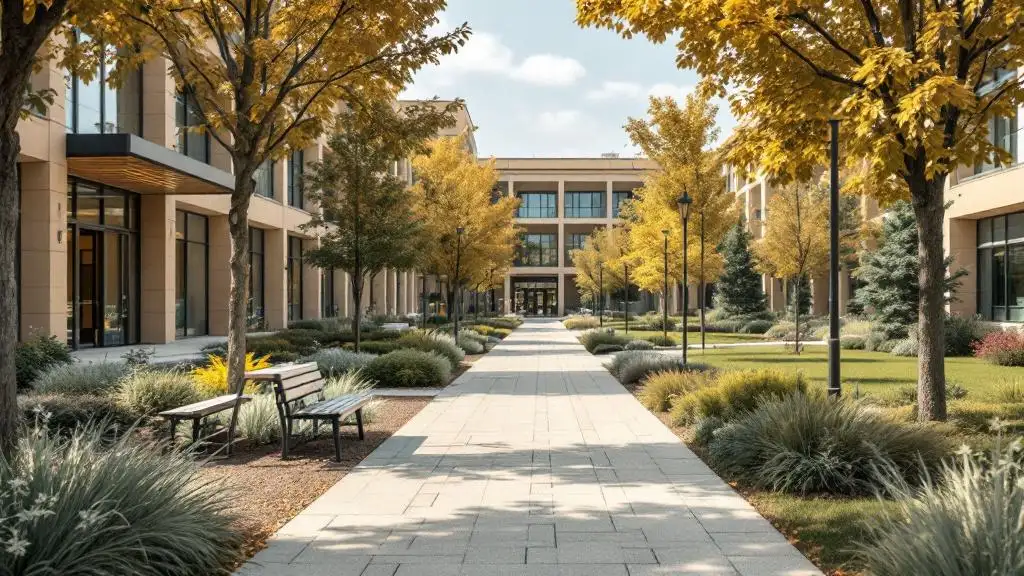

Understanding the Path to College for Students on the Spectrum
Navigating the transition from high school to college poses unique challenges and opportunities for students with autism spectrum disorder (ASD). With tailored strategies, legal support, and adequate resources, autistic students can thrive academically, socially, and personally during their higher education journey. This article explores the multifaceted aspects of attending college with autism, emphasizing preparedness, available supports, and ways to foster independence and inclusion.
Early Transition Planning and Assessment
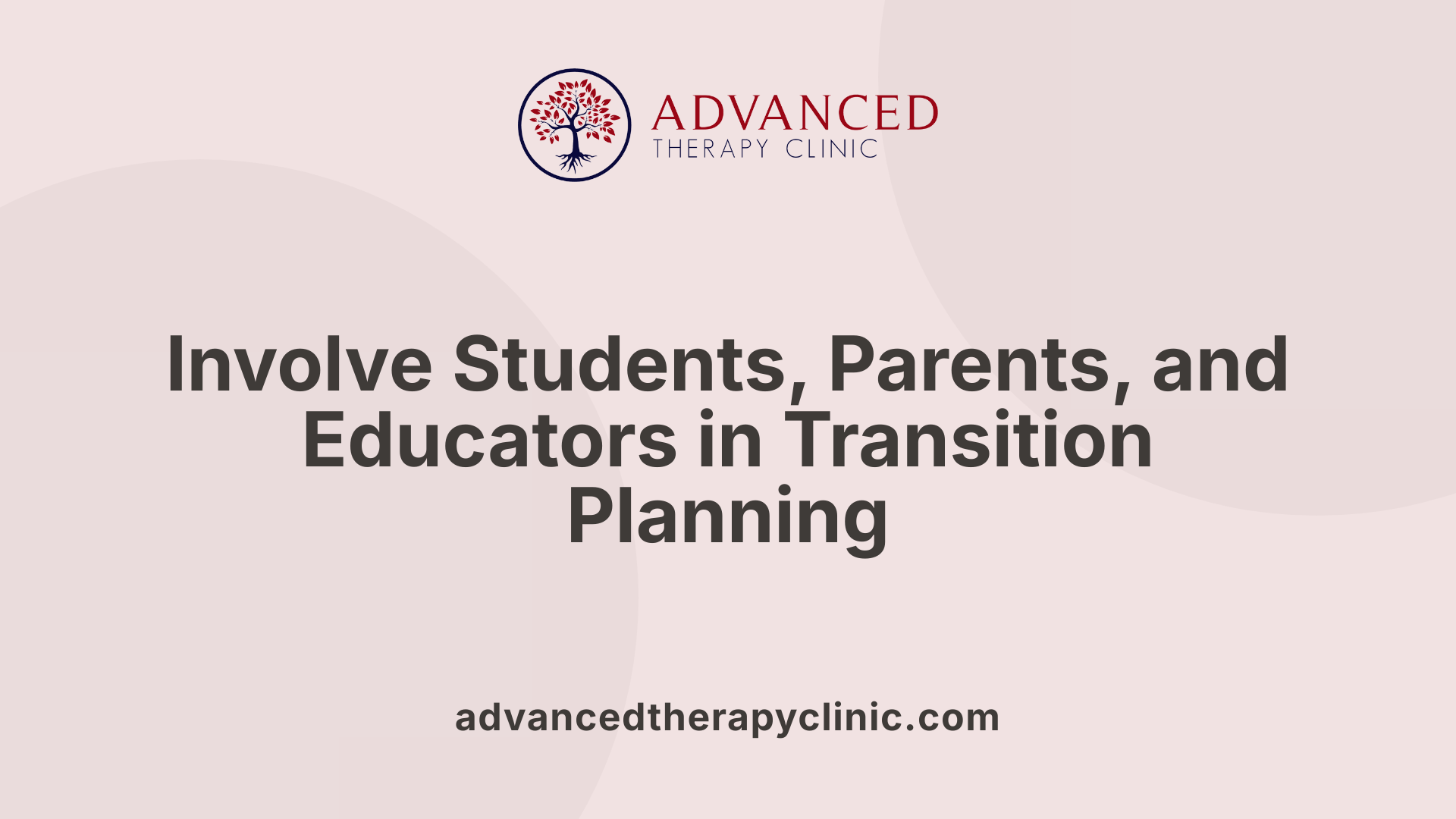
When should transition planning begin for students with autism?
Transition planning for students with autism ideally starts around age 14. Early planning helps set realistic goals for post-high school education and independent living. It involves assessing the student’s skills, strengths, and needs to tailor support effectively.
How important is assessing readiness for college?
Evaluating a student’s social, communication, daily living, and academic skills is crucial before transitioning to college. This assessment helps identify areas where additional support, accommodations, or skill-building might be necessary, ensuring that the student is prepared for the new environment.
Who should be involved in transition planning?
Effective transition planning includes input from IEP teams, parents, counselors, and the students themselves. This collaborative approach ensures that all relevant supports and accommodations are considered. It also fosters self-advocacy skills, which are vital for success in higher education.
What strategies and planning can help support autistic students during their transition to higher education?
Planning should focus on early development of independent living skills, self-advocacy, and social skills. Using familiar settings to practice daily routines, creating visual schedules, and involving students in decision-making empower them for college life. Starting these preparations early offers greater opportunities for skill development and confidence-building.
Challenges Faced by Autistic College Students
What challenges do students with autism face in college?
Students on the autism spectrum encounter a range of difficulties when transitioning to college life. Communication and social interaction challenges are prominent, often resulting in feelings of loneliness and social isolation. They may find it hard to read social cues and participate in group settings, which are common in college environments.
Executive functioning is another area where many struggle. Tasks such as planning, organizing coursework, managing time effectively, and prioritizing responsibilities can be overwhelming. These difficulties can impair academic performance, even for students with high intellectual capabilities.
Sensory processing sensitivities also pose significant hurdles. Many students experience hypersensitivity to noise, bright lights, and other sensory stimuli, leading to sensory overload in busy or noisy campus settings. Sensory-friendly spaces are not always available, which can further increase stress.
The transition from high school to college disrupts the support systems students previously relied on, like IEP benefits, occupational therapy, and other early intervention services. Adjusting to increased independence requires self-advocacy and navigating less consistent accommodation provisions, which can be challenging.
Mental health concerns are prevalent among autistic students, including anxiety and depression, which can affect their overall well-being and academic success. Limited awareness or understanding of autism among college staff can hinder the provision of adequate support, making full participation and success more difficult.
Addressing these challenges involves tailored support services, understanding, and accommodations that consider the diverse needs of students with autism.
Supportive Strategies and Planning for Transition Success
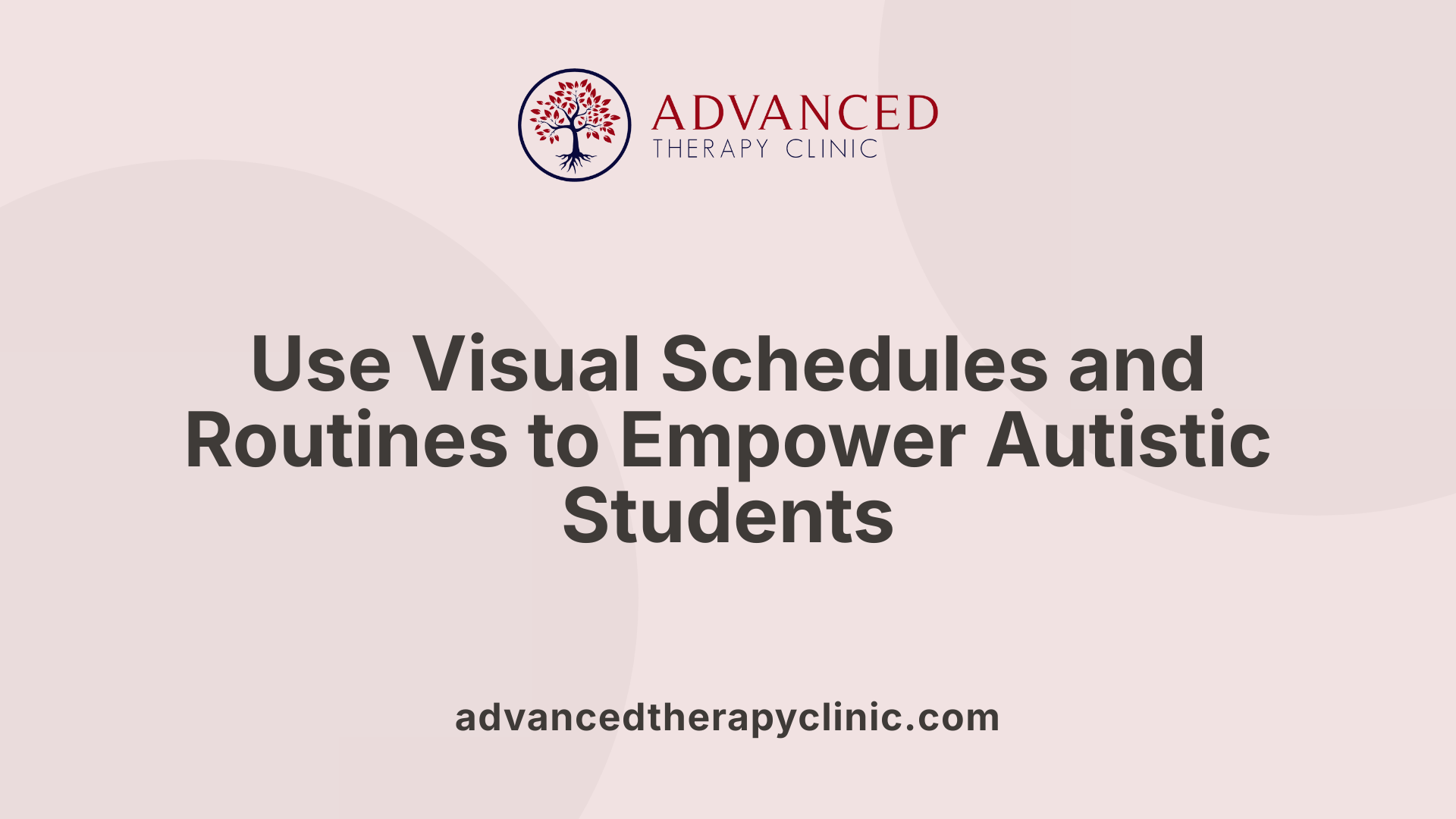
What strategies and planning can help support autistic students during their transition to higher education?
Supporting students with autism as they move from high school to college requires proactive planning and the implementation of tailored strategies. Initiating these efforts early, ideally around age 14 or even earlier, allows for a smoother transition.
One crucial approach is the early development of executive functioning skills. This includes teaching organizational techniques such as visual schedules, planners, and alarms. These tools help students manage their time, stay organized, and increase independence—a vital aspect in the college environment where routines can be less structured.
Encouraging self-advocacy is also essential. Students should learn to actively participate in planning their accommodations by understanding their needs and communicating effectively with college support services. This empowers them to request necessary adjustments like extended test time or sensory-friendly spaces.
Using structured routines complemented by visual aids and organizational tools enhances learning and daily functioning. Checklists, visual cues, and structured check-ins can support students in managing both academic and personal tasks.
Social skills training and peer mentoring are beneficial in building social confidence and creating social buffers. These programs help students develop interpersonal skills, form supportive relationships, and reduce feelings of isolation.
Careful exploration of post-secondary options aligned with individual strengths and interests is important. Students should consider factors such as college supports, living arrangements, and proximity to home. Community colleges often serve as realistic, supportive entry points, providing smaller class sizes and targeted assistance.
Finally, preparing students for increased independence involves teaching daily living skills alongside academic skills. This includes managing finances, personal care, and navigating college routines, which are critical for successful adult life.
By integrating these strategies—from early skill development to social and independence training—families, educators, and students can create a well-rounded support plan. This holistic approach fosters greater confidence and capacity for success in higher education environments.
Resources and Support Systems in Higher Education
What resources and support systems are available for autistic college students?
Autistic college students can benefit from a variety of resources designed to support their academic, social, and sensory needs. Most colleges and universities have disability support services that offer accommodations such as assistive technology—like speech-to-text programs and audio recording devices—to help with note-taking and assignments. Sensory management strategies are also commonly provided, including access to sensory-friendly spaces, noise-canceling headphones, and flexible room assignments.
Personalized support plans are tailored to meet each student's specific challenges, including extended time on tests, alternative testing environments, and structured routines. These plans are usually developed in collaboration with disability service offices after students register and provide necessary documentation of their diagnosis.
Beyond direct academic accommodations, many institutions provide counseling centers where students can access mental health support. Peer mentoring programs facilitate social integration, helping students develop friendships and navigate college life more confidently. Social skills groups further promote communication, self-advocacy, and emotional regulation.
Online resources are increasingly vital. The College Autism Network and Autism Society offer extensive information, including guides and toolkits to help students understand how to disclose their autism and advocate effectively. Resources like the 'Building College Success' guide and the 'Navigating College' handbook present practical advice on managing coursework, balancing social life, and independent living skills.
Support doesn’t end at four-year colleges; community colleges are popular options for autistic students due to their supportive environments, smaller class sizes, and flexible programming. These colleges often have trained staff who understand the needs of neurodivergent learners and can provide targeted assistance to ease the transition.
Overall, a combination of institutional support, online resources, and community-based programs creates a robust framework that helps autistic students succeed and thrive in higher education environments.
Legal Protections and Accommodations
Students with autism have specific legal protections in college that aim to promote equitable access and prevent discrimination. These protections are primarily grounded in two federal laws: the Americans with Disabilities Act (ADA) and Section 504 of the Rehabilitation Act. Both laws mandate that postsecondary institutions receiving federal funding must provide reasonable accommodations to students with disabilities, including those on the autism spectrum.
To benefit from these protections, students need to proactively initiate contact with the college’s disability support services. This process involves submitting current, detailed documentation from licensed healthcare or educational professionals that clearly specify the diagnosis of autism and describe how it affects their learning and daily functioning.
Once registered, students can request accommodations such as extended time on exams, distraction-reduced testing environments, note-taking assistance, assistive technology, and sensory-friendly spaces. These adjustments are designed to mitigate barriers related to sensory overload, communication difficulties, or executive functioning challenges.
Some colleges also offer specialized programs providing social skills training, counseling, and life coaching. While these initiatives can be highly beneficial, they often go beyond the legal requirements and may involve additional costs.
Importantly, students have the right to challenge their institutions if accommodations are not provided as promised. Filing formal complaints or seeking legal recourse can ensure their educational rights are upheld. Overall, understanding and using these legal protections can significantly enhance the educational experience for students with autism, helping them succeed academically and socially in college environments.
Personal Experiences and Variability in College Life
How do personal experiences of autistic students in college vary?
Autistic students’ journeys through college differ significantly, shaped by their support networks, personality traits, and how well they prepared for this transition. Some students approach college with confidence and find the environment supportive, benefiting from accommodations and understanding faculty. For example, Erin Clemens, an autistic individual, shares her positive experience of attending college, highlighting how tailored support structures contributed to her success.
In contrast, other students face ongoing hurdles. Many grapple with communication difficulties, organizational challenges, and social skills deficits, which can make socializing or managing coursework stressful. Feelings of overwhelm or isolation are common among those who lack sufficient support or face sensory sensitivities. These students often need to advocate vigorously for accommodations such as quiet study zones, extended test times, or social skills assistance.
Successful adjustment frequently hinges on prior development of independence and self-advocacy skills during high school. Community colleges and specialized autism support programs serve as valuable avenues, providing smaller environments and targeted resources that ease the transition.
Personal experiences ultimately depend on a mixture of accessible support, individual resilience, and self-awareness. When these elements align, autistic students are more likely to thrive academically, socially, and emotionally in college, transforming potential challenges into opportunities for growth.
Understanding this variability emphasizes the importance of personalized planning and flexible support systems, helping more students with autism find their niche in higher education.
Academic and Social Outcomes in Higher Education
What is known about academic and social outcomes for students with autism in higher education?
Research shows that students with autism often face various challenges in college, especially around social communication and peer interactions. These difficulties can make it harder for them to build social networks and fully participate in campus life, which are important factors for success in higher education.
Academically, many autistic students encounter specific hurdles such as understanding complex course materials, managing assignments, and staying organized. These struggles can impact their ability to persist and graduate, resulting in lower retention and completion rates compared to their peers without autism.
However, universities that offer tailored supports and proactive interventions tend to help improve outcomes significantly. These supports include early transition planning, academic accommodations like extended test time and note-taking assistance, as well as social skills programs and mentorship. Such efforts foster a sense of belonging and help students navigate both academic and social environments more effectively.
Diversity in academic pursuits is growing among students with autism. Beyond traditional STEM fields, many pursue creative arts, design, communications, and other specialized areas. Universities that have inclusive policies and flexible learning options enable students with autism to succeed across a wide range of disciplines.
Despite academic successes, post-graduation outcomes reveal disparities. Autistic students generally experience lower employment rates and earning potentials than their non-autistic counterparts. Barriers such as social challenges, lack of workplace accommodations, and limited access to career supports contribute to these gaps.
Overall, providing comprehensive institutional support, fostering inclusive campus cultures, and targeting individualized strategies can greatly enhance both the academic achievements and social well-being of students with autism in higher education, helping bridge gaps in post-grad success.
Guidance for Choosing Colleges, Funding, and Mental Health Support
What guidance exists for autistic students on choosing colleges, funding options, and mental health support?
Autistic students are advised to begin transition planning as early as age 14, focusing on developing self-advocacy skills, independence, and daily life skills. Early preparation helps them navigate the college environment more effectively and reduces anxiety.
When selecting a college, students should evaluate the availability of inclusive facilities, such as sensory-friendly spaces and accessible housing options. They should also consider the support services offered, including disability support offices, counseling, social skills groups, and specialized autism programs. These resources can vastly improve their college experience by providing academic assistance, mental health support, and social integration opportunities.
Disclosing their autism diagnosis to college disability services is crucial for securing appropriate accommodations. Under the Americans with Disabilities Act (ADA), students can request adjustments like extended exam time, quieter testing rooms, note-taking support, and sensory accommodations. Effective self-advocacy is essential for ensuring these supports are provided.
Funding options such as scholarships, grants, and federal or state financial aid play a vital role in making college more accessible. Many programs and external organizations offer targeted scholarships specifically for autistic students.
Starting their college journey at smaller institutions or community colleges can ease the transition. These settings often provide a more supportive and manageable environment, with smaller class sizes and personalized attention, making it easier for students to succeed.
In addition to academic resources, universities frequently have mental health and well-being programs designed to address the unique needs of neurodivergent students. Accessing these resources can help manage anxiety, sensory sensitivities, and social challenges.
Finally, various external initiatives and organizations, such as the College Autism Network, offer resources, research, and support networks that help students, families, and educators navigate post-secondary education more effectively, increasing the likelihood of positive outcomes.
| Aspect | What to Consider | Additional Support Info |
|---|---|---|
| College Environment | Accessibility, sensory spaces, campus culture | Look for autism-specific programs; |
evaluate support services | | Funding & Supports | Scholarships, disability benefits, accommodations | Apply early; disclose diagnosis;| use external funding options | | Mental Health Resources | Counseling, peer groups, relaxation spaces | Seek programs tailored for neurodivergent students; connect with campus mental health | | Transition Tips | Smaller colleges, community colleges | Easier transition, personalized support | | Self-Advocacy | Disclose needs, communicate effectively | Critical for obtaining necessary accommodations |
Being proactive, utilizing available resources, and seeking the right environment can greatly enhance the college experience for students on the autism spectrum, paving the way for success and personal growth.
Enhancing Social and Independent Living Skills in College Students
How can social skills and independent living skills be improved in college students with autism?
Supporting college students on the autism spectrum in developing their social and independence skills is crucial for their success and well-being. Colleges employ several methods to aid these students in gaining essential life skills.
One effective approach involves structured social skills training and peer mentoring programs. These initiatives help students learn and practice social interactions in safe environments, increasing their confidence and engagement with campus life. Participating in social planning groups and extracurricular activities provides additional opportunities for meaningful community involvement and peer connections.
Practicing daily living routines is another core aspect. This can include activities such as cooking, personal hygiene, managing schedules, and budgeting. Repeated practice, using visual aids like checklists, or employing technological tools like reminder apps, helps build independence.
Real-world experiential learning is a powerful method to foster self-sufficiency. Colleges may organize practical exercises such as role-playing emergency situations, taking tours of local stores, or participating in internships. Such experiences allow students to apply their skills in real-life settings, boosting their confidence.
Many colleges also offer specialized programs that support the social and personal development of autistic students. These include social skills groups, counseling services, and life coaching tailored to address individual needs. These services are often integrated with accommodations and support systems that enhance overall campus inclusion.
In summary, improving social and independent living skills in college students with autism involves a mix of targeted training, practical skill application, real-world experiences, and robust college programs. These combined efforts enable autistic students to navigate college life more successfully and prepare them for post-college independence.
Communication and Collaboration Among Stakeholders
What strategies improve communication and collaboration among students, parents, and college staff to support autistic students?
Supporting students with autism in college settings hinges on strong, ongoing communication among all involved parties. Establishing open channels—such as regular meetings, shared digital platforms, and email updates—ensures that students, parents, and staff stay informed and connected. This approach allows for timely adjustments to support plans and provides a platform for feedback.
Utilizing visual supports like communication boards, social stories, and picture exchange systems can significantly enhance understanding. These tools help clarify expectations, reduce anxiety, and promote effective interactions, especially for students with sensory sensitivities or communication challenges.
Creating sensory-friendly environments by incorporating quiet spaces, reducing harsh lighting, and managing noise levels minimizes sensory overload. These accommodations foster a more inclusive and accessible atmosphere conducive to learning and socialization.
Staff training programs are vital to equip educators and support staff with knowledge about autism spectrum disorder. Training on sensory sensitivities, behavioral strategies, and communication styles encourages empathy and competence. Peer involvement also plays a crucial role through social skills workshops and structured interaction activities that promote inclusion.
Engaging both parents and students in planning and decision-making ensures that individual needs and preferences are prioritized. Collaborative goal setting allows for personalized support strategies, reinforcing the student’s autonomy and fostering a trusting relationship among all stakeholders.
To sustain these efforts, continuous adaptation based on feedback and new insights is essential. Resources from autism support centers and ongoing assessments guide the refinement of communication methods, ensuring that support remains responsive to evolving needs.
In summary, effective communication and collaboration—marked by transparency, adaptiveness, and shared commitment—are fundamental to creating an educational environment where autistic students can thrive academically, socially, and emotionally.
Fostering a Supportive and Inclusive College Environment
Attending college with autism presents distinct challenges but also remarkable opportunities for growth, independence, and achievement. By implementing early, tailored transition plans; providing comprehensive legal and institutional supports; fostering self-advocacy and social skills; and promoting open communication among all stakeholders, colleges can create environments where autistic students not only succeed academically but also find community and purpose. Emphasizing inclusive policies, awareness, and continuous resource development will ensure that neurodiverse students receive the respect, understanding, and assistance they deserve to thrive in postsecondary education and beyond.
References
- Going to College With Autism - Child Mind Institute
- Autism and the College Experience - SPARK for Autism
- Autism Goes To College | Hey University, here we come!
- Autism & College - Autism Research Institute
- College Programs For Students With Autism Spectrum Disorder
- College Autism Network
- Postsecondary Education and Employment Among Youth With an ...
- 15 Tips for Navigating College and Autism
- Academic Supports for College Students with an Autism Spectrum ...
Recent articles
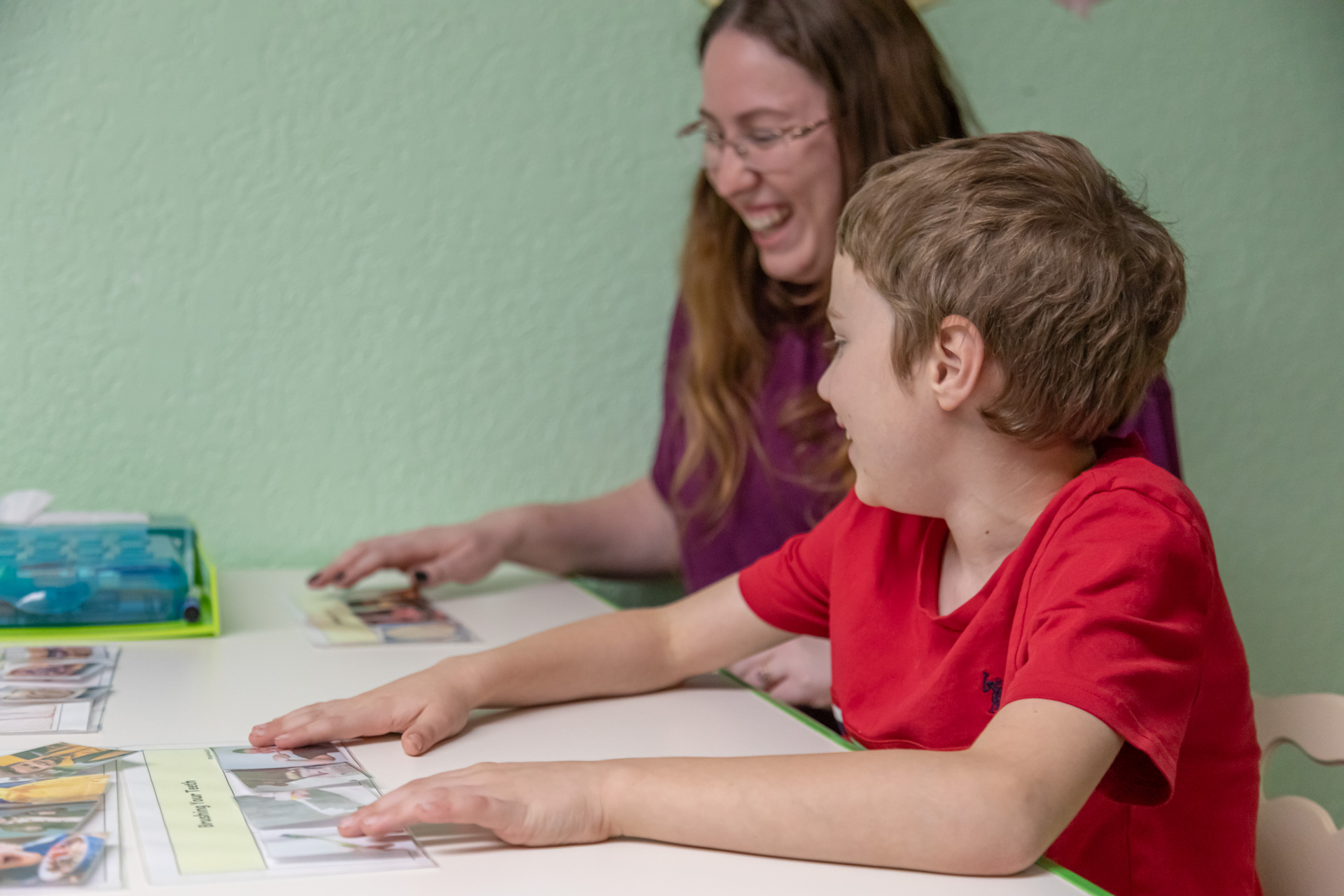
Celebrating Small Wins: How Therapy Helps Kids Build Confidence All Year Long
Learn why small wins in therapy matter, how they boost your child’s confidence, and simple ways families can celebrate progress all year long.

Empowering Missoula Children to Grow With Confidence and Connection
Learn how ABA therapy in Missoula helps children build communication, independence, and confidence through personalized, family‑centered support at Advanced Therapy Clinic.

Compassionate Pediatric Therapy in Butte, Montana
A welcoming place where every child’s potential is celebrated
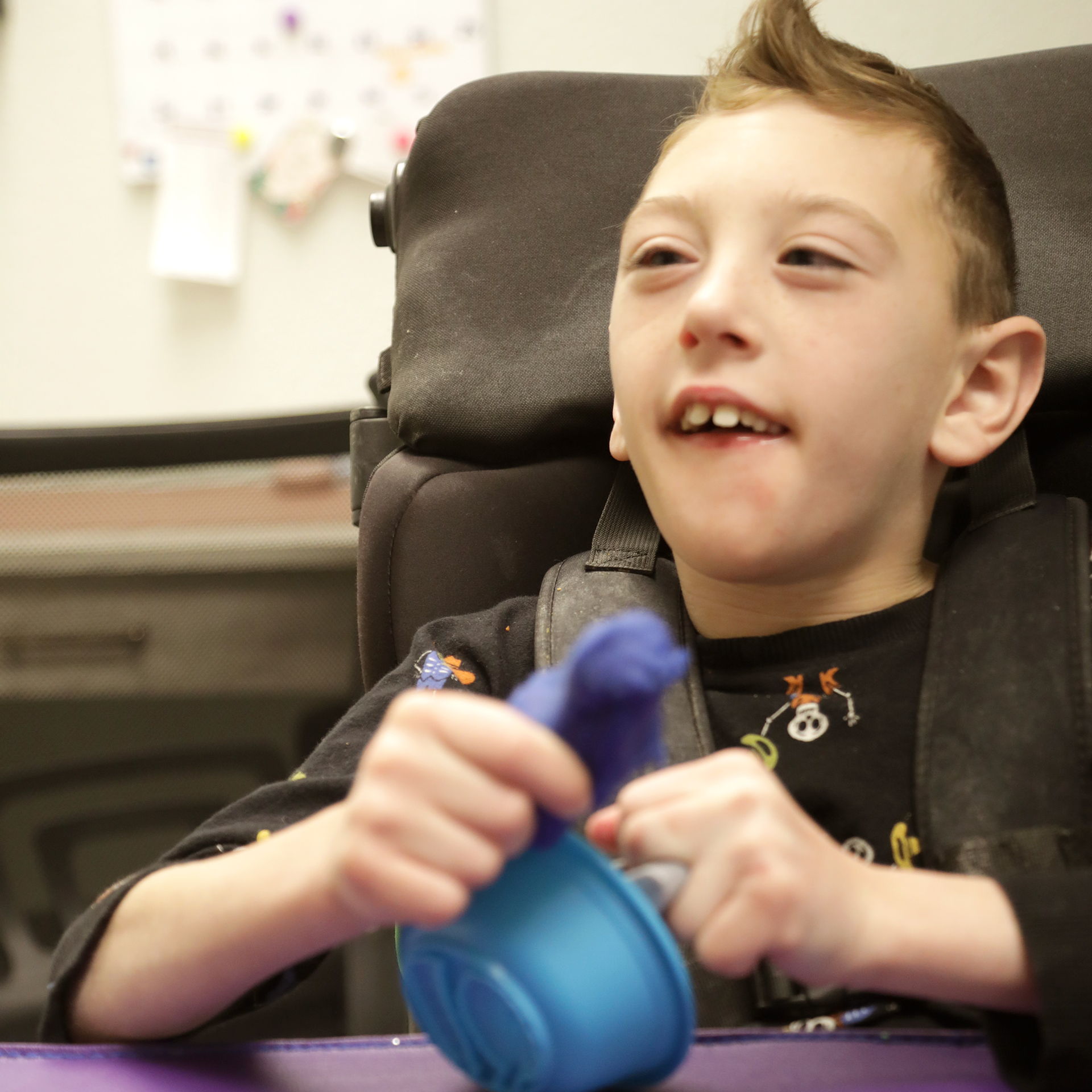
How Pediatric Therapy Helps Kids Thrive across Montana and Wyoming
A supportive guide for families exploring therapy options in Billings, Butte, Missoula or Sheridan.
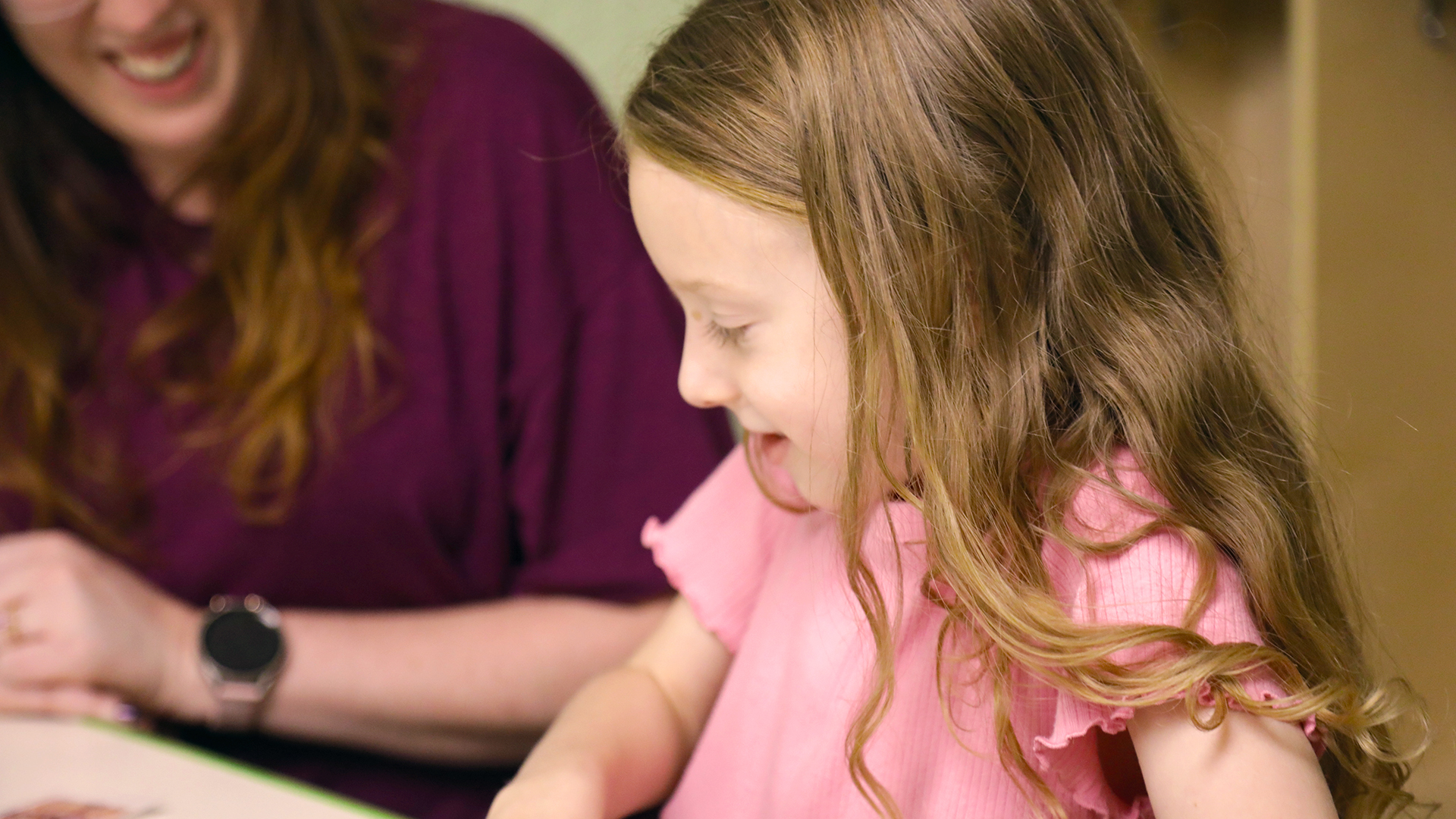
How to Choose the Right Pediatric Therapy Clinic in Billings, Montana
A Parent‑Friendly Guide To Finding The Best Support For Your Child
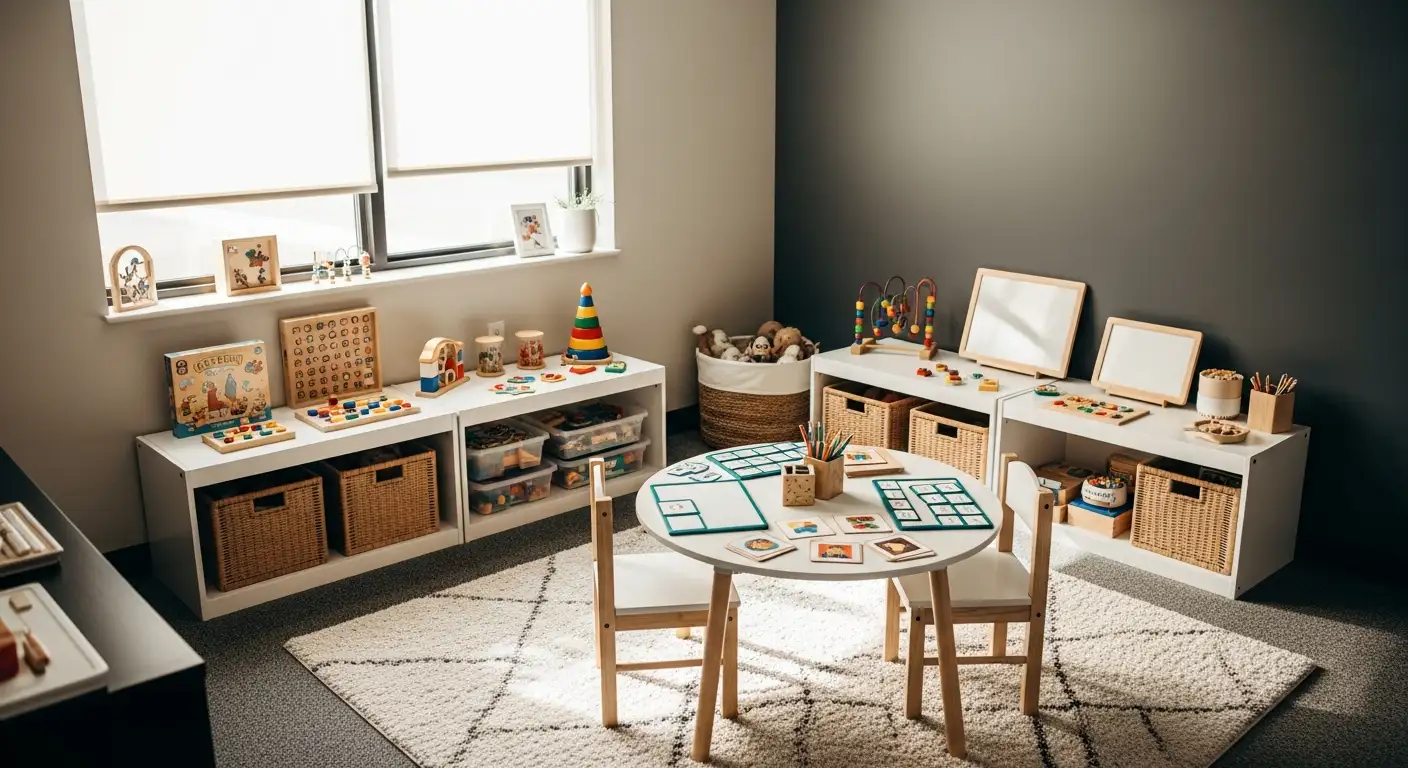
Expressive Speech Delay 2-Year-Old
Understanding and Addressing Expressive Speech Delay in Toddlers

